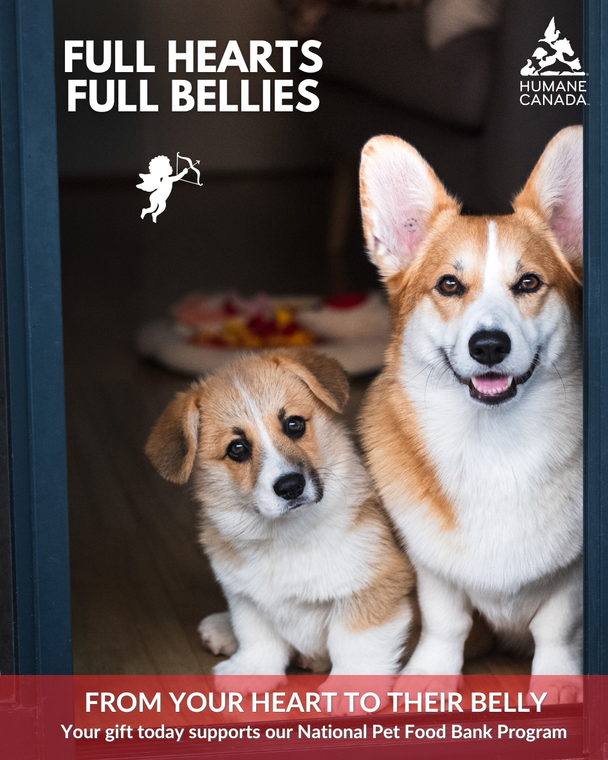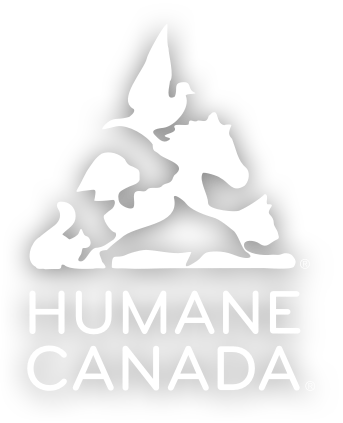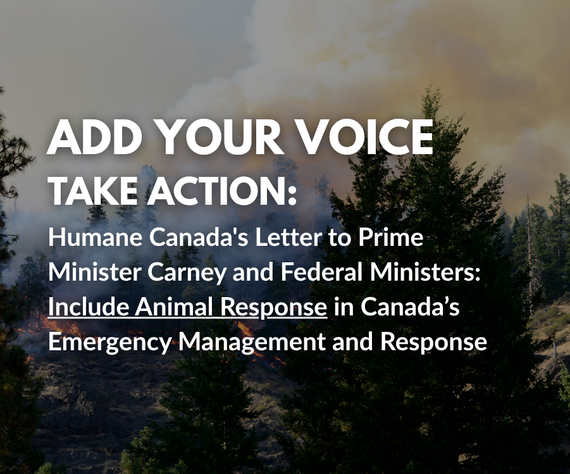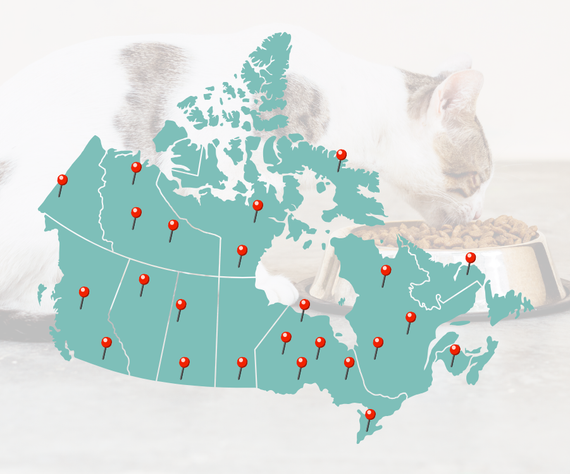-
What is Humane Canada?
-
What is Humane Canada's mission?
-
What kind of donations does Humane Canada accept?
-
How can I make a donation?
-
Does Humane Canada issue tax receipts?
-
How do I change my donor contact information?
-
What is Humane Canada's charitable registration number?
-
Can I leave my unwanted pet with you? / Can I adopt from your offices?
Skip to main content

From your heart to their belly - because no pet should go hungry. Support our National Pet Food Bank Program.




